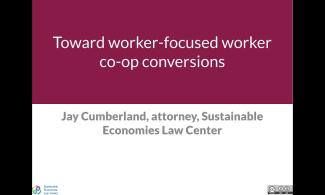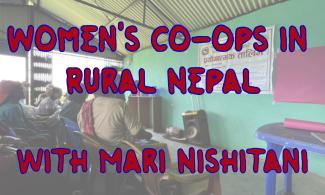Dr Silvia Emili is a researcher and consultant with a background in strategic design for sustainability, sustainable business model innovation, energy access, and with experience in several African countries.
Silvia holds a PhD from Brunel University London which focused on developing capabilities of companies and practitioners for designing sustainable energy solutions in low-income and developing contexts. She developed a strategic design toolkit (Sustainable Energy for All Design Toolkit, www.se4alldesigntoolkit.com) that includes tools for mapping, classifying and designing business models for energy access. These tools have been used with over 80 companies, practitioners and experts across several African countries. Her PhD research collects over 50 case studies of companies operating in emerging markets, as well as an extensive catalogue of critical factors and successful examples to support ventures entering in this field.
In parallel to her PhD, Silvia worked on EU-funded and EPSRC-funded projects in collaboration with European and African partners. She has extensive experience in carrying out workshops and training activities with companies and non-profits in Kenya, Botswana, Ghana and South Africa. With a strong background in design for sustainability, her previous work includes research on sustainable mobility for disadvantaged communities in Cape Town. She holds a Masters degree from Politecnico di Milano, Italy.





